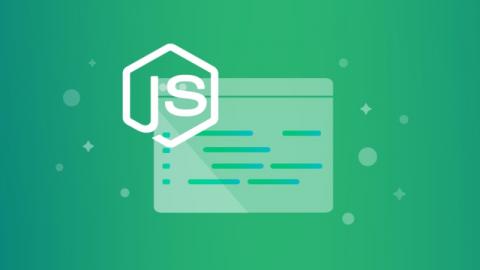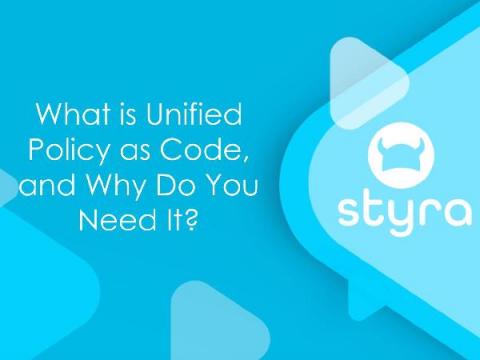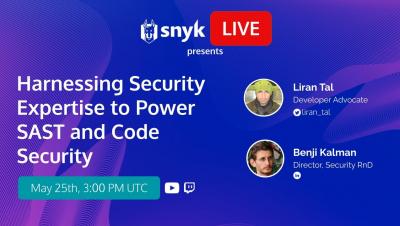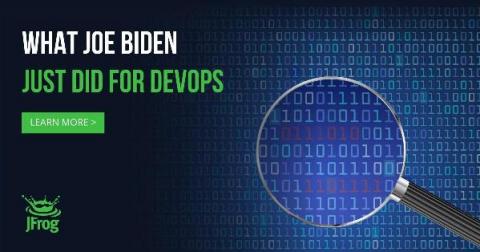Deep dive into Visual Studio Code extension security vulnerabilities
To stay ahead of attackers, we constantly monitor various security threats. One of these threats — supply chain attacks — aims to compromise an organization through its software development process. Recently, a huge spike in supply chain attacks was observed — dependency confusion was discovered, the SolarWinds breach was reported and more malicious packages were flagged. This certainly drew our attention (as well as the rest of the world’s)!











